
If you have been to Djibouti before, please share your experiences, ideas and feedback (Hotel, Excursions, General Feeling,…) in the comments section below, by doing so you will help fellow travellers to plan their next trip

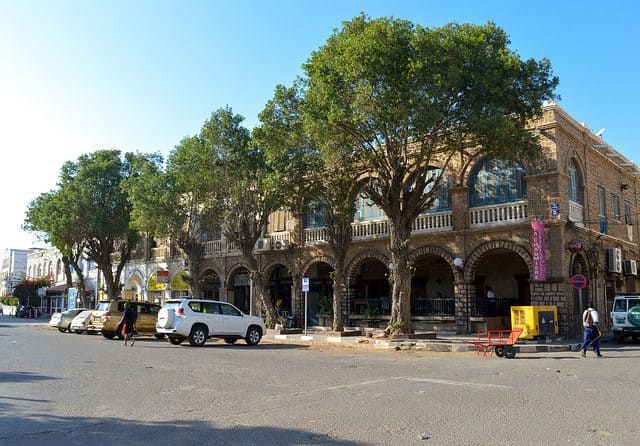
The European Quarter portion of Djibouti Photograph by Francisco Anzola
Looking for a dive destination that will set you apart from other divers? Some place with diving that you can brag about as you tell of your adventures over an after dive drink? Then plan a trip to Djibouti and you will have something to talk about.
Djibouti is not a nation you hear about often, and very seldom when the discussion is about travel. Or scuba diving.
Formerly a French Colony under the control of the French Foreign Legion, Djibouti hosts France’s largest military presence abroad. In addition the United States and other NATO nations maintain military bases. Japan’s only foreign base is located here in support of Peace Keeping missions and China has announced they are building a base which will be China’s first overseas base. Thomas Kelly, the American ambassador here, has been quoted saying that Djibouti today feels like what Casablanca must have felt like in 1940. “All the different nationalities elbowing into each other,” he says. “All the intrigue.”
Djibouti occupies a total area of just 23,200 km2 (8,958 sq mi) slightly larger than Slovenia, or slightly smaller than New Jersey. Djibouti has a population of 850,000 (2016 est.), with the capital and largest city Djibouti City having almost two thirds of the countries population.
In this page you will find practical information to plan a scuba diving trip to Djibouti:
Table of contents
Where to stay?
Tourism is very limited in the country with almost all of the places to stay within the city. for scuba divers, your best option will be to stay on a liveaboard. These will provide you with comfortable surrounding, safe water and generally cooler conditions.
Activities and excursions in Djibouti
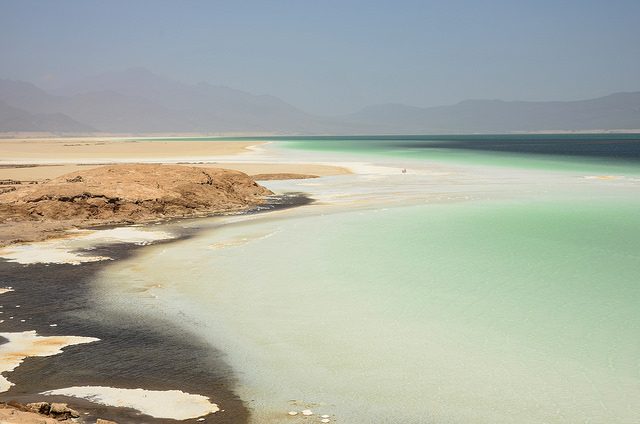
Lake Assal photograph by Amira Elwakil
Djibouti may be crowded and a bit hectic, however, after the business day it takes on a quaint look. Small cafe, restaurants and bars flourish. Other activities can take you outside of the city:
-
Lake Assal, “Honey Lake”, is a crater lake a 155 meters below sea level, making it the second lowest land depression on Earth. after the Dead Sea. It is the largest salt reserve.
-
Tadjoura, Often called La Ville Blanche or White Town, dates back to the 12th century. There are seven nationally important mosques located in the town.
-
Gulf of Tadjoua surrounded by the lush Goda mountains the bay attracts beach goers, scuba divers and those looking to interact with the whale sharks.
-
Goba’ad plain is a great place for bird watching. A plain between Lake Abhe and the Hanle Plain draws many nature lovers.
-
Day Forest National Park a true desert oasis. Locate 20 kilometers from the coast, the oasis is surrounded by desert. Inside the park is a dense forest and a variety of wildlife.
Best time to visit Djibouti
Djibouti is at the narrow opening of the Red Sea on the Horn of Africa. Through this opening the ocean going traffic into and out of the Red Sea must pass. The same can be said of the marine life that migrate to the Red Sea. Between November and February the coast of Djibouti sees Whale sharks who come for the plankton and crabs found near the shore.
The Bay of Ghoubbet is a favorite destination for the whale sharks. This is also the cooler season for Djibouti, however cooler is relative as the temperature is still in the 80s. October through April has clear skies, slightly lower humidity and the milder temperatures. May-to-September is consider the hot season when the average daily temperature is over 100°F and 120°F is not uncommon. “Kahm Sin” will also occur in the hot months, these are windy days that picks up the very hot sand.
Health and Safety
The infrastructure within the country is lacking by the standards of most travelers. This can lead to health and safety concerns. Water in the city has high amounts of chlorine that can lead to stomach problems for those not used to it. Water outside of the city is not potable. Drink only bottled water. Milk needs to be boiled before drinking. The local milk is unpasteurized.
Medical facilities are improving but are not of international standards. Much of the equipment has been donated by military medical units. Hospital staff are augmented by military medical staff of the different nations having troops stationed in the country. Still, in serious cases the concept is to stabilized for evacuation.
Outside of the city, medical facilities are almost nonexistent and there is no emergency medical transportation. The US embassy does maintain a list of hospital and clinics in the city. Few international insurance policies are accepted by the hospitals for direct payment. You will be expected to pay before being released. Your insurance company will reimburse you. Verify before you leave that your policy will even do that.
Major crimes against visitors are not overly common. However scams and snatch and runs do happen.
!!! // Visitors need to be cautious when taking photographs. It is illegal to take photographs of the public infrastructure. You may not take photographs in the seaport nor airport as well as military facilities and public buildings. You may also not take photographs of policeman and members of the military.
If you are planning an upcoming dive trip or travelling to Djibouti, it is a really good idea to invest in travel insurance for scuba diving, because you never know what could happen and when you might need it (because accidents do happen!). I recommend this diving insurance as they offer worldwide coverage and focus on providing scuba divers a quality insurance and medical assistance service.
Where is Djibouti located in the world?
Djibouti officially the Republic of Djibouti, is a country located in the Horn of Africa. It is bordered by Eritrea in the north, Ethiopia in the west and south, and Somalia in the southeast. The remainder of the border is formed by the Red Sea and the Gulf of Aden at the east. This gives the country a strategic position that the governments of other countries appreciate.
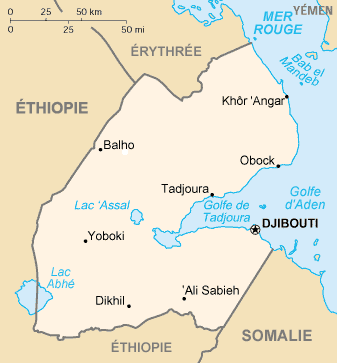
How to get to Djibouti?
Djibouti-Ambouli Airport is located just a few miles outside of the capital. It is a joint civilian/ military airfield. There is a second airfield further out from the city used for military drones.
There are a number of international airlines that fly into the city. These include Qatar Airways, Air France ,British Airways Turkish Airlines, Ethiopian Airlines, Kenya Airways, Delta and United. Some of these airlines fly seasonally. Service is short haul to Turkey, other African and Middle East countries. The airport is basic with no frills and limited shopping.
Do I need a visa for Djibouti?
Information about the need for a visa is confusing. Here’s a little bit of what we could figure out. The best is still to check with your home embassy.
A valid passport, visa, and evidence of yellow fever vaccination (if coming from an infected country) are required for entry. That portion is clear. However, it is possible for nationals from all countries except India, Syria and Yemen arriving by air to obtain a visa on arrival.
At the Ambouli International Airport, You can obtain a 3-day visas for 10,000 Djiboutian francs ($60) or 30-day visas for 15,000 Djiboutian Francs ($90). The airport authority and the government advise against it. Saying that there is no guarantee you will be granted a visa on arrival.
The Djiboutian Embassy to the United States informs potential visitors to apply before going. Travel forums have a number of stories of tourist being turned away at the airport because the immigration officer did not like their paperwork or thought they should have more cash. So. If you are planning a trip to Djibouti secure your visa before departing.
Getting Around
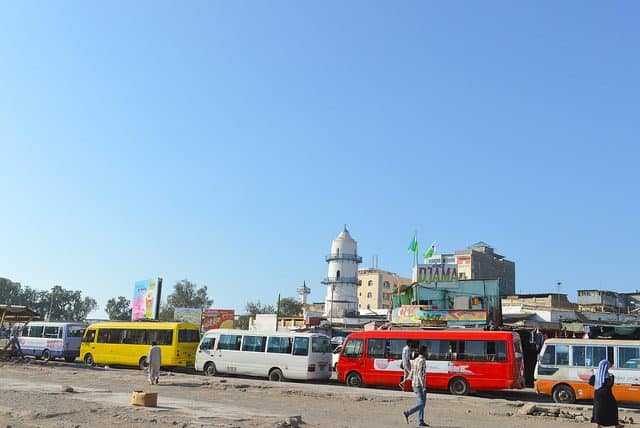
Djibouti Bus Station Photograph by Francisco Anzola
It is best staying in the city close to where you will spend most of your time. Mass transit in the city is lacking and the little there is, is not reliable. Taxi are also not recommended. It is best to arrange transportation with your hotel or host. There are some places outside of the city that tourist might want to visit. Again public bus are few and many outright dangerous.
It is best to arrange suitable transportation with your host or hotel. Many of the embassies in the country recommend that if you travel outside of the city you do so in multiple vehicle caravans. There are vast sections of desert and little traffic. They also recommend having a satellite phone, as many places have no cell service.
Djibouti Photos
Scuba diving
You will find all information about sea life, best time to visit, top dive spots, etc. in our review: Djibouti Diving

Diving Reviews for this region
Djibouti
Whale Sharks and what Condé Nast calls the best undiscovered dive sites in the world.
 Destinations
Destinations


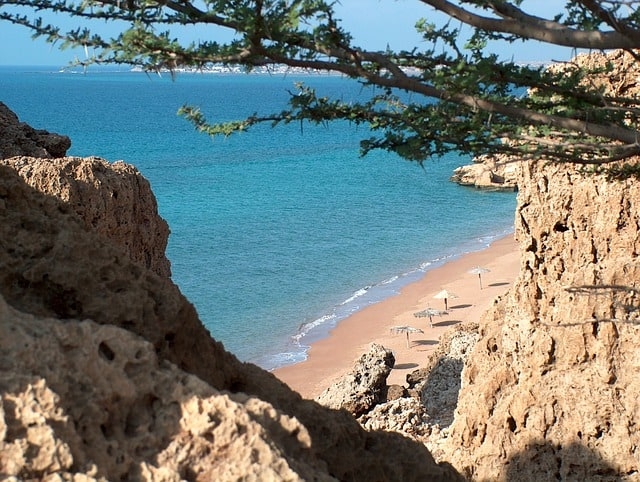

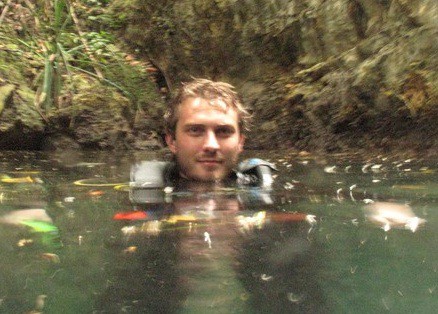




Your Travel Feedbacks
No Travel Feedback yet on this page, your thoughts are welcome!
Have you been travelling or scuba diving here? Rate it!(6 votes, 4.00/5)